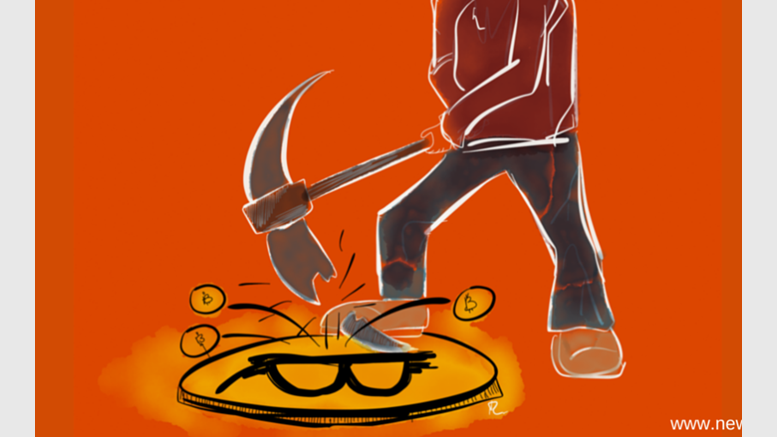
NY University researchers explain why Bitcoin miners are losing money
A team of two New York researchers, Luqin Wang and Yong Liu, has made commendable observations while putting under scanner the reason behind the increasing number of miners losing money in Bitcoin mining. The research paper titled, 'Exploring Miner Evolution in Bitcoin Network', characterizes the evolution of Bitcoin miners' productivity, computation power and transaction activity by analyzing the full blockchain in Bitcoin network. Bitcoin miners slug it out with each other to verify the transactions and keep the blockchain in sequence. The miner who successfully verifies the transaction....
Related News
Those of us who have been closely following the happenings in bitcoin and cryptocurrency industry have heard about National Science Foundation's recent grant to three top universities in the United States for research on cryptocurrencies. University of Maryland is one of the recipients of the total $3 million research grant along with Cornell University and University of California- Berkeley. A lot of us haven't had a chance to know what kind of research these universities will be doing on bitcoin to receive a small fortune. Here is an insight to what the researchers at University of....
New research has found that unless the price of bitcoin goes up, there will be little room for new miners to compete. In "Minting Money With Megawatts", released this September, Sveinn Valfells of Flux, Ltd and Jón Helgi Egilsson of the University of Iceland conduct a broad analysis of the health of transaction processing on the open public blockchain, ultimately finding that the network could be headed toward further consolidation and centralization. Once a hobby for tech-enthusiasts, the aim of the study was to determine the profitability of bitcoin mining following July's....
Nearly all bitcoin miners have been transferring their rewards within 36 hours of obtaining them, researchers at New York University have found. Luqin Wang and Yong Liu's paper, an analysis on the "evolution" of pool mining, found that less than 1% of miners left their rewards untouched in 2012 and 2013. Those who did transact with their rewards did so within a week in 2012, and within 36 hours the following year. The researchers did not perform the analysis for 2014. Miners' hasty transfers in recent years contrasts sharply with the behaviour of early miners. In 2009, 66% of miners left....
In an attempt to better understand the technical, legal and sociological impact of decentralized autonomous organizations (DAOs) a group of researchers is planning to launch a DAO that would seek to "save the whales". Far from an elaborate trolling, the early-stage effort is backed by big universities and researchers seeking to develop a new understanding of how leaderless organizations, powered by a collection of global stakeholders and enabled blockchain technology, could have a real-world impact on wildlife. To date, the effort is being led by researchers at the University of....
A pair of researchers has developed a cryptocurrency called DDoSCoin that rewards users for participating in distributed denial of service (DDoS) attacks. The currency only works when the user’s computer targets a TLS-enabled website. TLS stands for Transport Layer Security, a cryptographic protocol for secure Internet communication. Researchers Eric Wustrow at the University of Colorado Boulder and Benjamin VanderSloot at the University of Michigan published a paper, “DDoSCoin: Cryptocurrency with a Malicious Proof-of-Work” that presents a proof-of-work DDoS currency that allows miners to....





